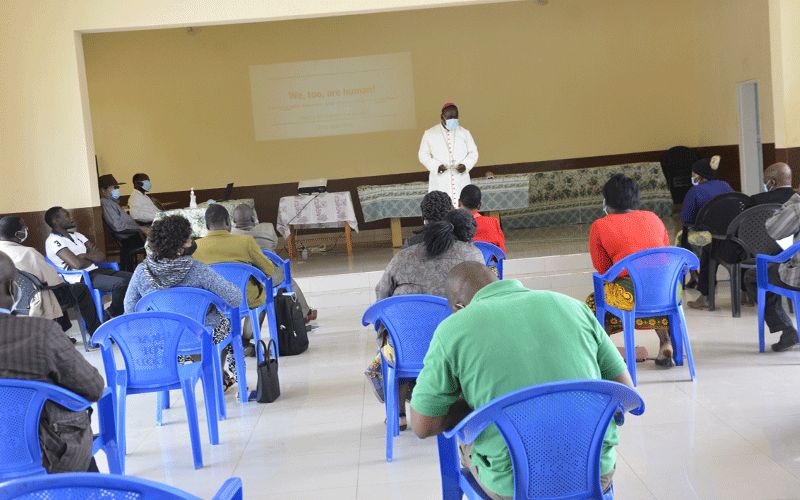Zomba, 23 September, 2020 / 8:15 pm (ACI Africa).
At an ongoing training focusing on ways of improving lives of people with albinism, a Bishop in Malawi has underscored the responsibility to respect the rights of people living with albinism so that they do not live in fear.
“As a Church, we have a huge responsibility to protect people, mainly those with albinism by ensuring that they enjoy equal access to justice and good health care services, just like any other person,” Bishop George Desmond Tambala of Malawi’s Zomba Diocese has been quoted as saying Wednesday, September 23.
Bishop Tambala who was presiding over the official launch of the two-day training for Priests, chiefs and head teachers on ways of improving lives of people with albinism through access to justice and quality health care services said people of albinism have suffered attacks.
“People with albinism suffer serious violations of their rights and risk losing lives in attacks, hence the need for the Church and all other stakeholders to join forces to ensure that these people are not living in fear,” the Malawian Bishop said
Organized by the Catholic Commission for Justice and Peace (CCJP) in Zomba Diocese, the workshop is part of the national CCJP’s two-year campaign to raise awareness throughout the country about the rights of people with albinism.








